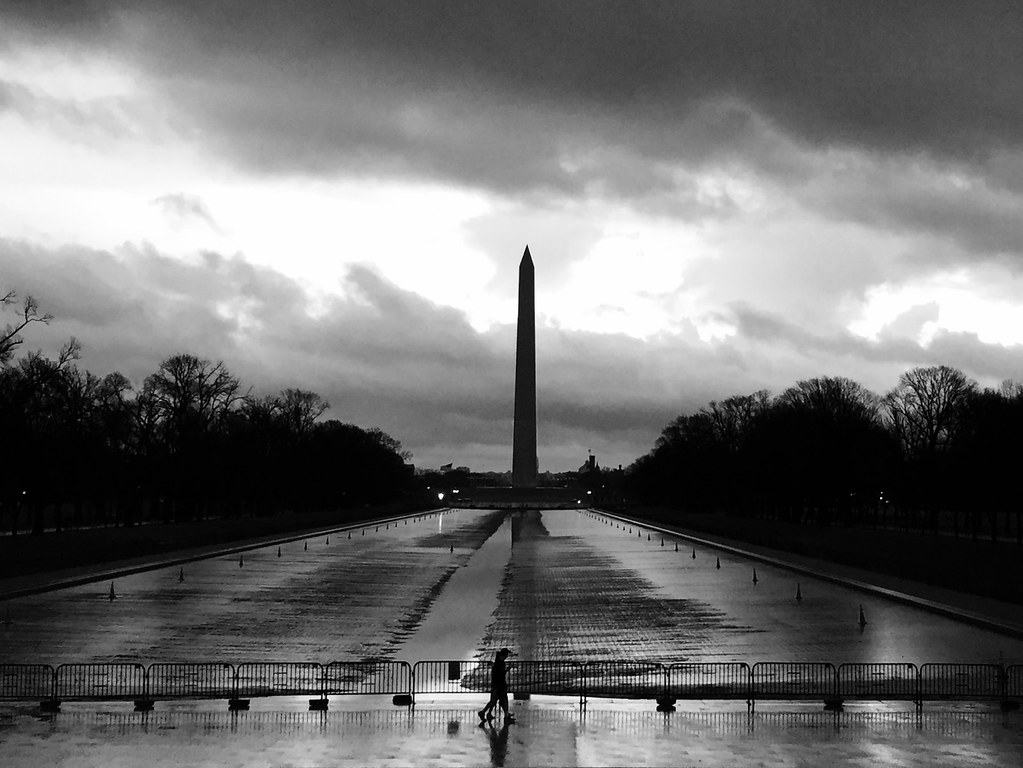“Plots set in the future are about what people fear in the present.”
― The Mandibles: A Family, 2029-2047
Dystopia deserves its own category in the bestseller charts. From financial collapse to the close of the millennial party, every novelist in America is working to end the world – on paper, at least.
As Lionel Trilling illustrates in The Mandibles, her account a family experiencing economic ruin, these dystopian fantasies tells us more about the present than the future. Seeing the world awash in debt, Trilling wrote a book about what happens when the facade of fiat money is exposed. More terrifying than the scariest of horror movies, The Mandibles is about the day our currency is revealed as mere paper.
Super Sad True Love Story is another novel of American decline, in which New York hipsters barrel toward a cliff which the reader can see but they can’t. Shteyngart presents Americans as willfully stupid, in love with selfies and sex, unable to admit that the world around them has changed. When it all comes crashing down, the Chinese – it’s always the Chinese – swoop in to buy Manhattan for pennies on the dollar, a reverse of the old Dutch barter, the impoverished survivors lucky to work as ditch-diggers for their Mandarin masters.
Previous generations did dystopia differently. The state in George Orwell’s 1984 is omniscient and omnipotent, able to spy on your very thoughts. No escape is possible, the boot stamping on a human face forever. Authors of the period, caught between titanic blocs, assumed that a modern administrative state forged by war would be used to comprehensively subjugate the people.
But what if the super-state wasn’t so super? What if the people in charge were more hapless bunglers than evil geniuses? What if our age is less 1984 and more Catch-22? Joseph Heller’s book, published in the 1960s and set during WWII, is a portrayal of the American government that rings true even today.
Heller’s story is one that we can all recognize – the story of a lone man fighting bureaucracy. Instead of battling for Obamacare subsidies or fighting a traffic ticket, Yossarian takes on the Army as it buries its enemies in bombs and its soldiers in red tape.
Like Yossarian, we think someone is in charge. There must be some sensible authority figure, who can undo what makes no sense. But bureaucracy is something that entangles all its participants, as anyone who has worked in government knows.
Now, however, Americans are discovering a new kind of dystopia, one of our novelists didn’t prepare us for – the incompetent dystopia. At its head is an erratic TV star, leading an administration that can’t even write a lawful executive order. Or a tweet that doesn’t enrage an ally. Or a press release without a typo.
Orwell would be disappointed. Big Brother is someone you rely on, to monitor and oppress, capable of shaping the future and erasing the past. But this government can’t even cope with the present.
Dystopian fiction is more than just entertainment, it serves a function. Novels like The Mandibles and Super Sad True Love Story are warnings, our most creative minds looking at contemporary events and extrapolating outwards. Shteyngart sees us undone by our vanity, while for Trilling the end comes from excess borrowing.
Fortunately, novelists are poor predictors of the future. Their dystopias never arrive, for they’re writing about the present, not the future. Of that we can be thankful.
